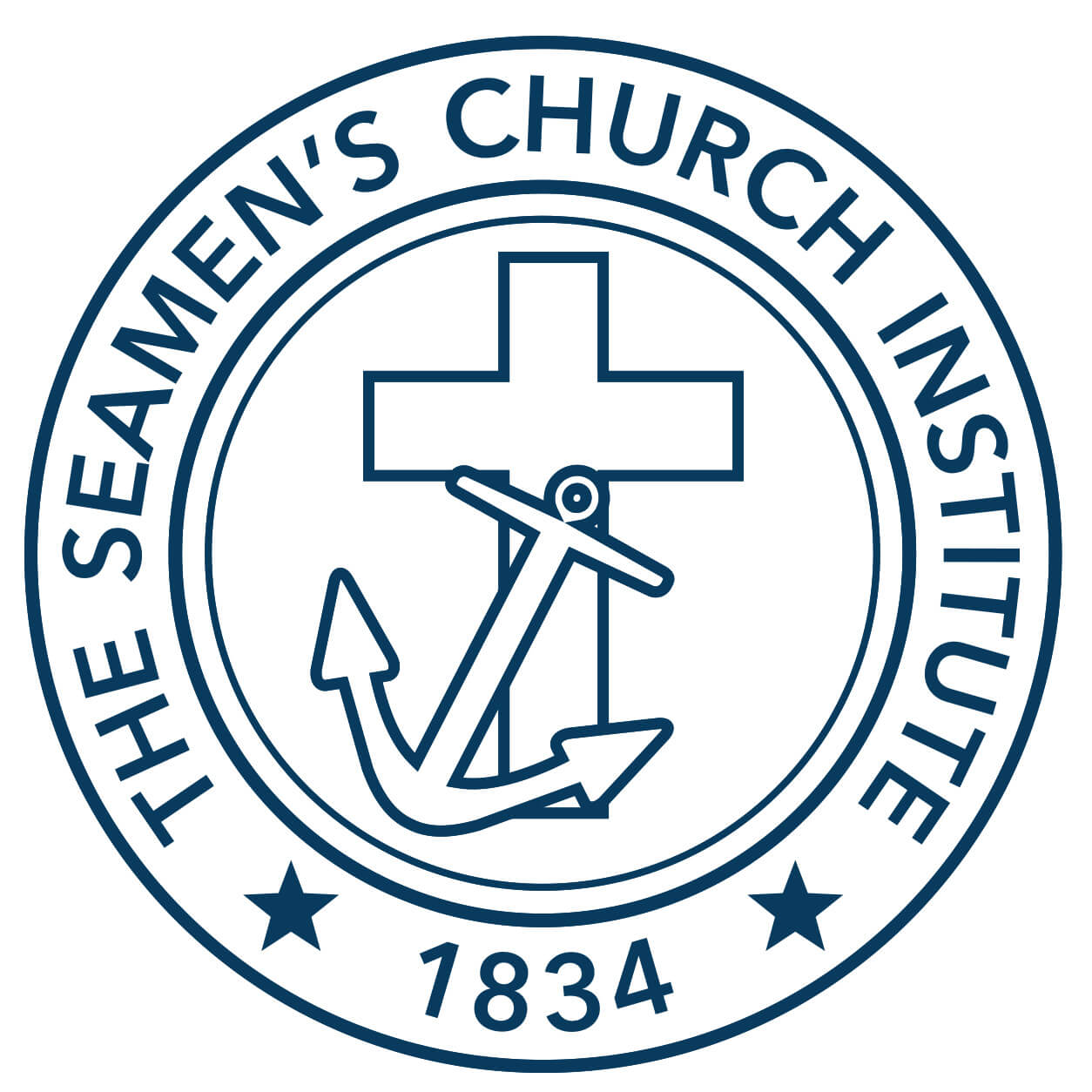Between Bureaucracy and Shore Leave


The captain of the Algoma Verity reached out to the International Seafarers’ Center (ISC) Office with an urgent request—his crew had arrived at the Brooklyn Naval Shipyard for a month-long drydock, but their shore leave passes were set to expire in just three days. He hoped that SCI could assist in securing an extension.
Upon receiving the message, I consulted with our Center for Mariner Advocacy Director, Phil Schifflin, for guidance. He provided key insights into shore leave policies and advised me on critical follow-up questions for the captain and vessel agent.
When I spoke with the captain to get clarification on his request, he expressed deep concern and exhaustion. The vessel had sustained damage during cargo discharge, requiring repairs in Philadelphia, where the crew initially received shore leave. However, after three weeks of repairs, the vessel was relocated to Brooklyn for an additional month in drydock, and their existing shore passes from Philadelphia were now set to expire.
With this information, I visited the Customs and Border Protection (CBP) office in Port Newark and was directed to the CBP–Maritime Activities Unit (MAU) in Bayonne, NJ, which oversees immigration and shore leave issues. During a vessel visit in Bayonne, I met with a CBP–MAU agent who patiently listened to my concerns and advised that the vessel agent should formally request a review of the crew’s shore leave status.
Once back in Brooklyn, I updated Algoma Verity’s captain on the situation. I explained that shore leave approval rests solely at CBP–MAU’s discretion, and the vessel agent must initiate the request. It has been my understanding that with recent federal administrative changes, CBP agents are less inclined to exercise discretion in cases like this, making shore leave revisions and requests increasingly difficult. Unfortunately, all I could offer the captain was a slow bureaucratic solution. But, as an SCI Chaplain, I committed to returning to the ship once the vessel settled into drydock to offer any additional assistance, should it be needed.
This incident highlights a key aspect of SCI’s chaplaincy: building trust and meaningful relationships. Each pastoral visit strengthens our reputation as a reliable resource for maritime assistance. Sometimes, we are there to support seafarers in times of crisis, but we also try to provide answers and reassurance when they need it. While we may not always have immediate or straightforward solutions, as was the case this time, a vital part of our work involves helping seafarers navigate uncertainty, offering pathways forward, and trying to provide peace of mind.
By the Rev. Dr. Bill Allport — Chaplain, International Seafarers’ Center, Port of New York & New Jersey
From the February Quarterly Activity Report
